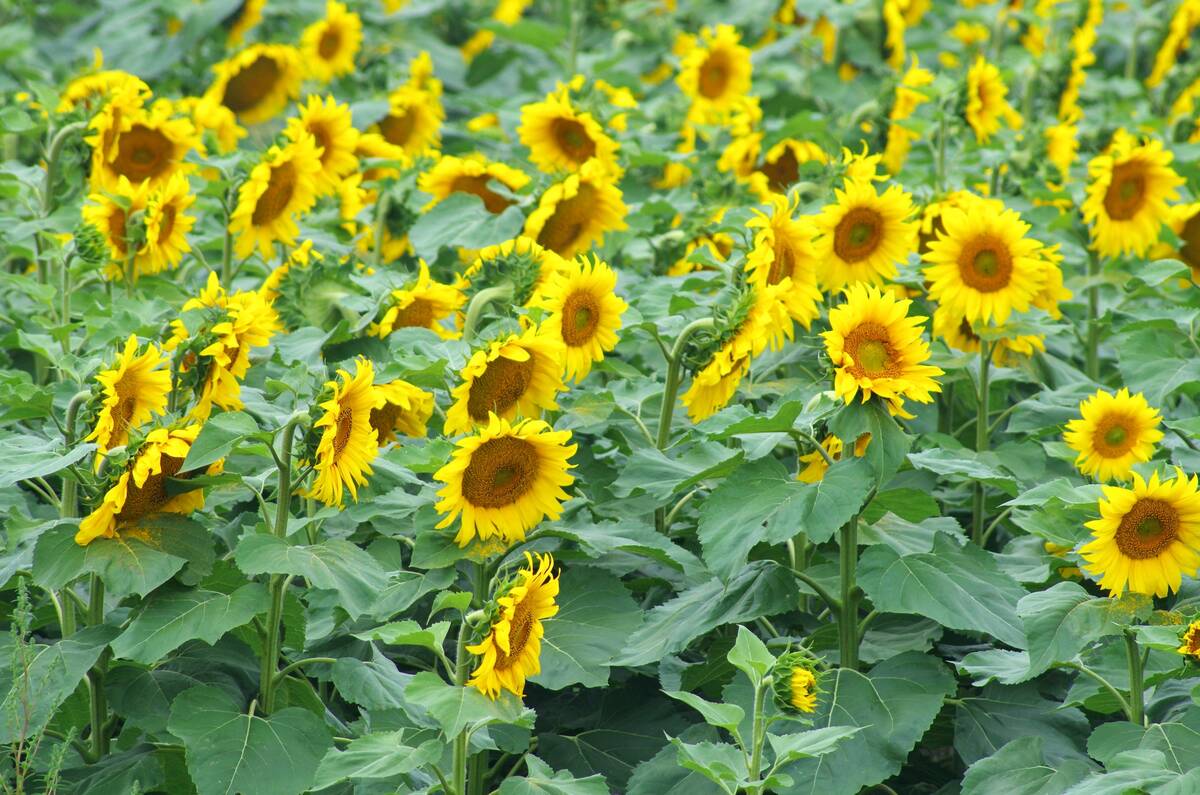PRINCE ALBERT, Sask. – Some rural dwellers don’t want to pay the fee to belong to the Agricultural Producers of Saskatchewan, said delegates to last week’s APAS meeting.
Member rural municipalities now pay a six cents per acre fee to maintain membership in APAS, down from the 10 cents assessment with which the organization began.
Bob Carruthers of Biggar, Sask., said “people with acreages complain about paying into something they feel isn’t for them.”
Delegates noted that often the issues that APAS lobbies governments on are often also in the interests of these smaller landholders.
Read Also

Made-in-Manitoba sunflower hybrid heads to market
Glacier FarmMedia – Manitoba’s confection sunflower growers will have a new seed option next spring that was developed specifically to…
Don Connick of Gull Lake, Sask., who represents the RM of Carmichael, said even some producers have a poor understanding of the APAS role and funding.
“This is our professional organization. … In the winter I work off the farm and to do that I have to pay professional fees, $300, and union dues of $270 just to work for 10 weeks. But those groups represent me to governments and other bodies. APAS is a very reasonable investment for producers,” he said.
In other issues, APAS president Terry Hildebrandt said the organization would continue to push for improvements to the Canadian Agricultural Income Stabilization program.
He reported that APAS was successful as one of the groups that lobbied for the removal of the program’s deposit requirement.
- For BSE, he said efforts to obtain a cull cow program will continue.
- Morris Prescesky of Meeting Lake said APAS needs to continue efforts to get a seat on the seed review committee because, “Saskatchewan has the most to lose or gain through changes to the act. Right now we only have a seat at that table through the (Canadian Federation of Agriculture). We need to be there in person.”
- On farm fuel, APAS vice-president Cecilia Olver of Corning, Sask., said the organization has been requesting the provincial government rebate half of the 2004-05 increase in farm fuel prices to producers.
“It’s appropriate because the provincial government is receiving a direct benefit from the higher prices. While in most businesses you can pass on at least some of your costs, primary producers are stuck with absorbing them while the rest of the province receives a benefit.”
- This spring APAS has lobbied major chemical companies to lower the price of gylphosate; the railways to improve service for pulse and specialty crop transportation; the Saskatchewan government’s full financial support of the federally initiated Farm Income Payment Program and the federal government to maintain “own use” certificates for the importation of American generic veterinary drugs by producers.














